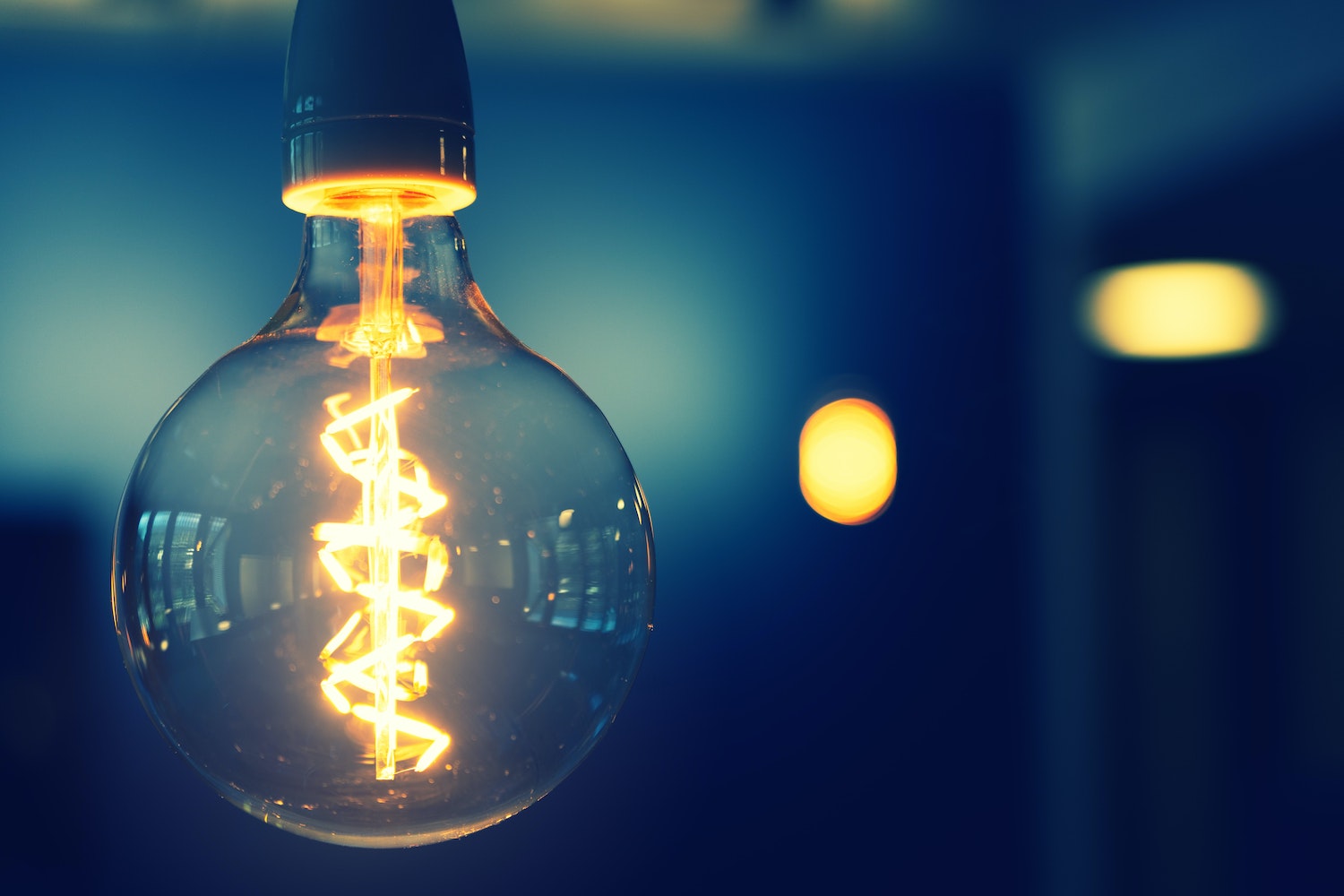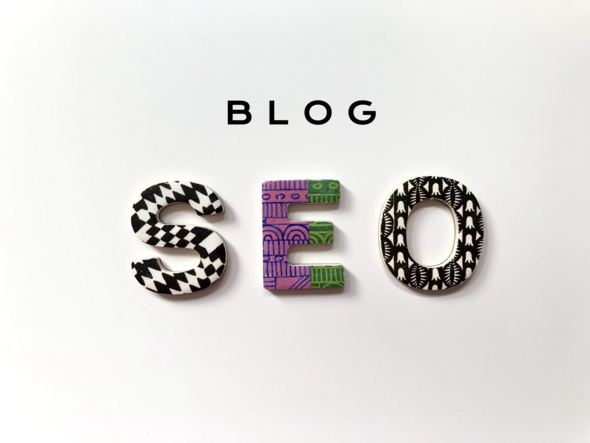This is a guest post from our partners.
You know there are differences between B2B and B2C marketing — but how do you find out what they are?
To succeed with B2B marketing campaigns, it’s important to understand what you must change if you’re from a B2C background.
In this article, marketing experts share the main differences between B2B and B2C marketing.
Let’s get right into it.
What is the meaning of B2B and B2C marketing?
B2B stands for business to business. In B2B, one business sells products and services to other businesses.
Examples:
- An accounting software company is selling its accounting software to a bank.
- A stationery factory sells stationery to an office.
B2C means business to personal consumers. In B2C, one business sells products and services to individual consumers who buy for themselves.
Examples:
- A hair salon providing hair services sells to individual consumers.
- A clothing store sells clothing items to individuals.
Here’s what the experts have to say
Amit of The Links Guy has explained how he sees the difference:
"B2B is exactly what it sounds like. A business whose principal customer is another business. B2B marketers focus all their marketing endeavors on someone who makes buying decisions on behalf of their companies.
B2C refers to businesses that sell services or products directly to consumers. Their target customers intend to buy services or products for their personal use. B2C marketers direct their marketing efforts on the needs and want of their services or products.’’
Main differences between B2B and B2C marketing
Here are the key differences between B2B and B2C marketing:
1 — Audience behavior
B2B audiences buy when they need to make a purchase whereas B2C audiences buy based on emotions and desires - rather than needs.
This makes search intent a key factor when blogging for marketing.
70% of B2B buyers define their own needs before engaging with a sales rep, and 44% identify specific solutions before reaching out to a seller.
B2C buyers could be making a purchase for a number of reasons.
These might include:
- Gift
- Emotional purchase
- Replenishing supplies
- Something they’ve saved up for
- Replacing a broken product
- Upgrading for new functionality
- Upgrading due to FOMO
Manuel Wieler of the WKK group describes the logical behavior of a B2B audience and the emotional behavior of a B2C audience.
“The main difference between these two target groups is that you cannot so easily create a desire in a B2B environment as you do in B2C.
In a B2C environment, you can follow the AIDA (Attention, Interest, Desire, Action) principle. In B2B, this concept is not 100% applicable.
Businesses usually have a need first and rarely buy things that they can’t justify. They act more rationally than private end-users, who make more emotional purchases.
So, B2C allows you to promote your products and services with emotional advertising, and you always have the opportunity to try to “convince” private consumers about a need for something.
For example, if you sell wooden planks, you can convince private end-users by promoting DIY ads and video tutorials for certain projects.”
If a company doesn’t need a wooden plank, it won’t buy it. No matter how convincing your ads might be.
For business, here’s what is important:
- Do I need a product to help reach my company’s goal?
- What is the price?
- What are the terms or conditions of a business partner?
- What are the other options in this space?
- Is the vendor a preferred supplier?
- Do they meet security requirements?
- What is the payment term?
2 — Cost
B2B marketing often costs more compared to B2C marketing because it involves many tools, processes, and stakeholders. Unlike in B2C, where only one person is involved in the decision–making, a business has many people to please and many people involved in the sign-off process.
According to the CMO survey, B2B marketers set aside 11% of their entire company budget for marketing.
Roberto Popolizio of SupportHost shares his views about the cost difference in these markets.
“In our experience, B2B is often more expensive than B2C.
Being more rational buyers, they need to be more patiently ”educated” and reassured of your level of expertise and reliability.”
He further explains, “Of course, there are exceptions, and the two may overlap, but in general, B2B and B2C marketing campaigns focus on two different aspects of the customer journey.”
3 — Buying cycle
The B2C buying cycle is quicker than the B2B buying cycle.
In B2C marketing, an individual consumer decides to make a purchase based on their comfort with the product or seller. It might only take them a few minutes or a day to purchase a product or service. In B2B, this is unlikely.
A long chain of individuals or teams are involved, and they take time to understand the product’s features and benefits as they need long-term results. Sometimes it takes months or even years to sell a product.
B2B buying cycles are getting complex and longer. As 77% of B2B buyers state, their latest purchase was complex or difficult.
Referral Rocks' Katrina Dalao shares her opinion on the buying cycle in both markets.
“The main difference is that B2C Marketing typically caters to shorter sales funnels. There's typically only one decision-maker, making the process a bit easier. Plus, consumers spend their own money, which keeps them in control of the purchase.
B2B marketing tends to have several touch-points before a sale happens. A business has a lot of decision-makers involved and may have to meet requirements before they can allocate the budget.”
4 — Customer relationships
In B2B and B2C, customer relationships are the main difference. In B2B, customers want to build a close relationship.
B2B marketing involves a multi-stage process and often face-to-face meetings. They need more educational content to understand products or services.
B2B marketers use 71% video content while B2C markets use 66% video content for their audience.
In most cases, B2B customers need support and service even after purchase. So it is crucial to have a strong customer relationship in B2B marketing.
In B2C marketing, customer relationships are important but not as much as B2B marketing. In B2C marketing, customers make decisions quickly and are not concerned after their purchase.
For example, if a customer buys a shoe from one shop, they will still probably buy shoes from another store in the future.
Janine Cabato of Simple Creative Marketing shares her thoughts about the differences in customer relationships in B2B and B2C marketing.
‘’The primary distinctions between B2B and B2C marketing are the audiences and how you interact with them.
In B2C marketing, consumers don't need to be heavily invested in the brand in order to buy. B2C marketers can use sales ads, coupons, contests, direct mail, and email marketing.
On the other hand, B2B marketing focuses on long-term relationships with customers. B2B marketers need to be concerned about the customer's needs over time and must invest in relationship-building activities.
The objective of marketers is to get potential customers through the funnel so they're ready to buy, and there's a lot of focus on establishing trust and demonstrating a return on investment.’’
5 — Business language
Luke Genoyer of the United World Telecom shares his views about business lingo in B2B marketing and B2C marketing.
‘’There are lots of discussions online about the differences between B2B and B2C marketing.
B2C creatives tend to use a more casual tone and play to consumers' emotions. B2B ads, on the other hand, tend to appeal more to business logic, reasoning, and the utility of the product being sold.’’
6 - Adaptation vs standardization
One other difference between B2B and B2C marketing is adaptation and standardization.
Dorota Lysienia from LiveCareer explains the difference between the two in these words.
‘’The main difference between B2B and B2C marketing is the level of adaptation. For B2C, it’s more common to address a larger target audience with similar needs using more standardized marketing approaches.
For example, you can create one social media ad for your new isotonic drink targeted towards young adults interested in sports. The cost here is low as you create one deliverable that you distribute to a big audience and the buyer makes a purchase.
B2B marketing is trickier. In this case, you have to spend more time adapting your marketing strategy to specific customer groups. Customer segmentation, niche marketing, and customization are key.
Depending on the products or services you offer, you might have to create highly personalized marketing initiatives targeted toward a tiny customer segment. Such an approach requires more effort and budget. But, it also allows you to develop meaningful relationships and build customer loyalty that can benefit you in the long run.’’
Conclusion
There are at least six key differences between B2B and B2C marketing:
- When it comes to B2B customers, they are more rational and require more educational content.
- But, in B2C marketing, consumers need entertaining and emotional content for purchasing products.
- B2B marketing cost is higher compared to B2C marketing as more processes and tools are involved.
- The decision-making process is slower and more complex in B2B marketing than in B2C, as a single individual is usually responsible for the decision-making process.
- In B2C marketing you should use a more casual tone but B2B individuals prefer formal language from sales representatives.
- B2C marketing is more towards a standardized approach but B2B marketing prefers an adaptation approach.
Having a clear understanding of these six key differences will help B2B and B2C marketers to set efficient marketing strategies that will eventually increase sales and profits for your business.
Author bio
Amna is a freelance writer who loves connecting businesses to their customers with engaging and informative content. She is the founder of Cabinets of thoughts. When she is not working, she enjoys watching KDramas.
SEO–ready, Analytics, No–code.
Your Content Publishing Engine
Deliver your SEO–driven content!
Visit BlogMaker.app



